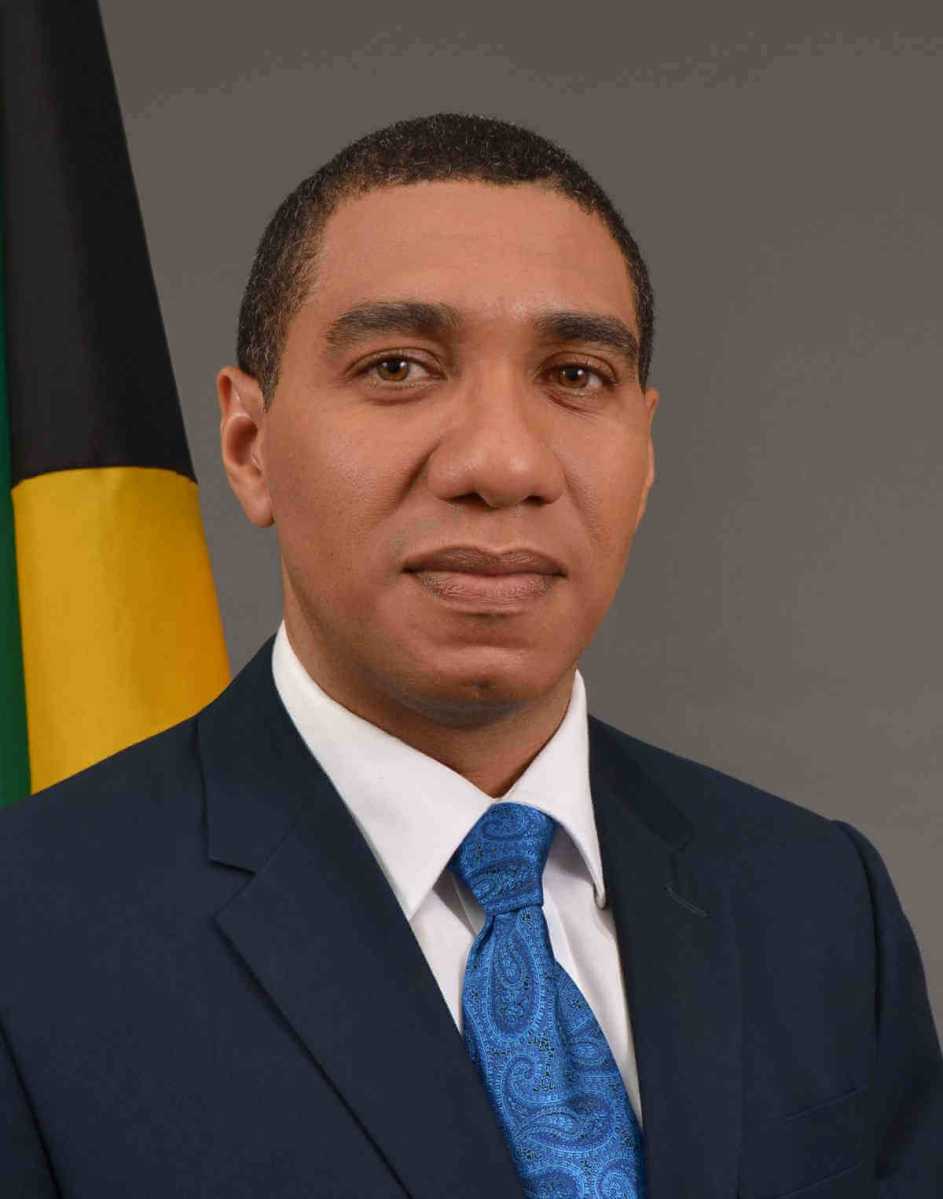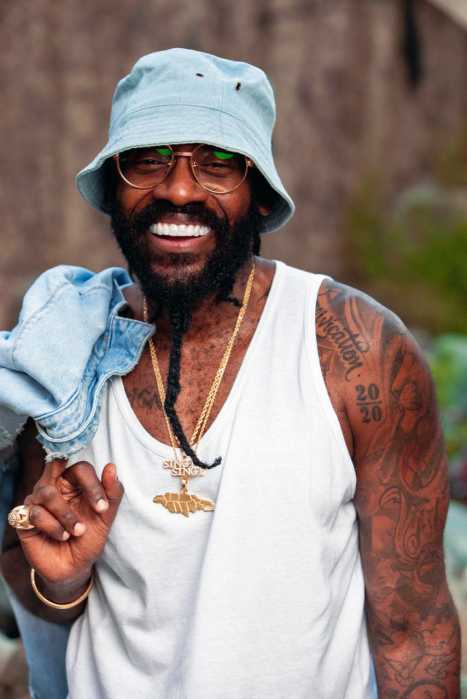Two Caribbean Community nations, which have been waging highly frustrating yearly battles with gangland and other types of killings are ironically both celebrating a slight drop in the number of deaths last year, with authorities vowing to build on this slight gain.
Jamaica, which would throw a national party if the number of murders per year comes in at under 1,000, recorded 1,393 murders in 2023, a 7.8 percent decline over 2022, while authorities in Trinidad are making much of a five percent reduction also last year at 576.
Police and the military in both nations have been besieged by gangs preying on citizens. In many instances, multiple persons were murdered by gangs in a single incident. In Jamaica, for example, the Andrew Holness cabinet has on numerous occasions been forced to declare limited states of emergency especially in the tourism-dependent west, deploying the military to stem gang violence and armed robberies. In Trinidad, the cabinet has been also besieged by calls for similar action.
In his New Year’s message, Holness wasted no time in addressing the issue head on, saying that Jamaica cannot shake the image that it has a serious crime problem. “We have been earnest in our efforts in the past year in controlling crime, particularly murders, and improving public order. It cannot be disputed that Jamaica has an epidemic of violence, which results in intentional killings. Guns are the main enabling weapons used by violence producers, and ease of access to guns of itself extensifies fatal violence,” he said.
In Trinidad, female Police Chief Erla Harewood Christopher hinted that she had kept her promise to locals to reduce the annual murder rate, calling it “a significant achievement. While a daily homicide count is maintained, there is no statistic that conveys to what extent effective police operations have prevented crime,” she told reporters, noting that “here would be no hesitation in pronouncing an increase. Similarly, if there is a decrease of the same magnitude, we should, likewise, be unambiguous in acknowledging that decrease.”
She argued that police can take credit for detailed planning and implementation of more innovative strategies. “This has led to the significant reduction. This achievement is no indication that I am satisfied or that the TTPS is complacent about the admittedly limited progress that we have made in 2023. This achievement is no indication that I am satisfied or that the TTPS is complacent about the admittedly limited progress that we have made in 2023,” the first woman to head the local force said.
Jamaica, meanwhile, is basking in the 118 fewer killings last year as security officials hark back to, for example, even more dire years such as 2017 when 1,643 people were killed and 2021 when sleuths recorded 1,474 killings. PM Holness said authorities took a slew of measures to curb crime and this will continue into 2024.
“Last year, we took a major step in deterring the procurement, possession, trafficking, and use of guns by passing a new firearms act which has totally transformed the legislative framework around legal and illegal guns in Jamaica. It is now a minimum 15 years to life for a person convicted of an illegal gun offense. Since the coming into force of the new act on the 1st of November 2022 last year, over 70 persons — that is a rate of one person per day, mostly young men between 16 and 30 — are being charged with offenses relating to illegal guns. The security forces are increasing their surveillance, intelligence, and operational capabilities to detect and recover illegal firearms and those using or possessing them,” he said.
The Bahamas, St. Lucia, St. Vincent and Barbados have all complained about the increasing use of guns and a rise in crime as well.



























